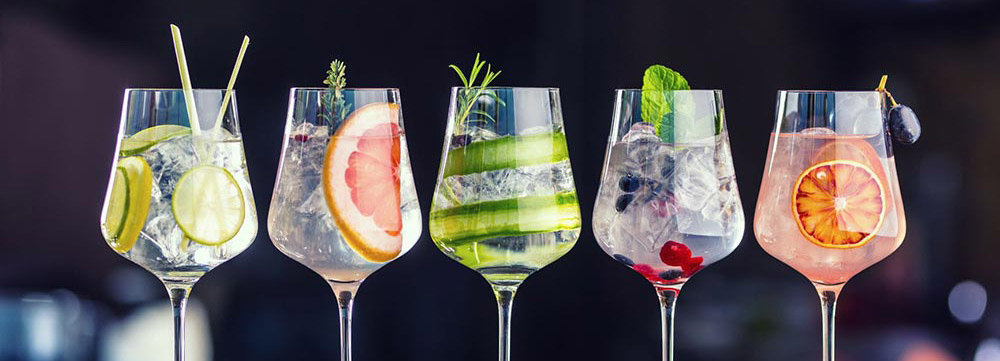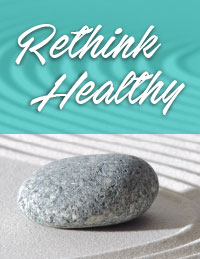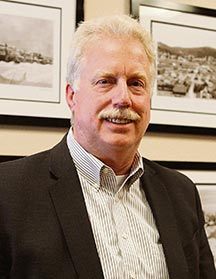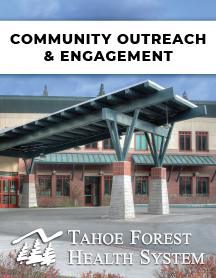Drinking - from mimosas at brunch to after work happy hours - has traditionally been promoted as the acceptable way to socialize and have a good time. Alcohol is often referred to as a “social lubricant” because it helps people feel relaxed. Alcohol boosts brain dopamine levels which activates the pleasure sensors, improves mood, reduces tension and helps people feel more generous, empathetic and friendly.
Not drinking, on the other hand, is somewhat suspect. “…Alcohol is the only drug in which you have to give a reason for why you don’t do it”, states Chris Marshall, substance abuse counselor and founder of Sans Bar, an alcohol-free cocktail lounge in Austin Texas.
Abstaining from alcohol, whether short term or longer, is becoming more common, and movements such as “sober curious”, “sober sometimes” and “mindful drinking” promote the message that it is hip not to drink. The sober curious movement encourages people to take a look at their drinking habits and determine what is driving their need for alcohol. When do you have the strongest urges to drink? When did you miss alcohol the most, and why? It encourages people to consciously drink less, even if they do not give up alcohol all together.
Consumer trends and marketing support the new demand for alcohol-free options. Communities are responding with sober night clubs and dance parties and fresh, tasty non-alcoholic cocktails at bars. There are alcohol-free distilled “spirits” such as Seedlip and an expansion of non-alcoholic beer options that taste great, from both the big brewing companies and smaller microbreweries. Athletic Brewing makes only non-alcoholic brews and was named the USA’s best non-alcoholic beer in the World Beer Awards in 2018. Despite a significant increase in their production, they struggle to keep up with current demand.
There is no downside to taking a break from alcohol or quitting all together, and now science is starting to look at the ways abstinence may be good for you. After one month of not drinking, participants reported better sleep, weight loss, a strong sense of achievement and feeling better and mentally sharper. One month of no alcohol was also long enough to demonstrate improvements in insulin sensitivity, blood pressure, and liver function. While the health risks of heavy drinking are well known, these improvements were seen in participants who were moderate drinkers (1-2 drinks a day).
Ready to explore the Sober Curious movement? Join us during the month of April for the Community Alcohol Awareness Challenge. The challenge will help you explore the role alcohol plays in your life, even if you are not ready to cut back. If you decide to take a break from alcohol, for a few days, a week, a month, or indefinitely, you will experience both physical and emotional benefits. People who take a break from alcohol usually swear it makes them feel and look better, so why not give it a try!
If you find that it is difficult to make it through a week without alcohol and you feel like you can’t stop thinking about your nightly drink, this could be a sign that you may be developing a dependence on alcohol and it is time to seek additional help. There are a variety of treatment options. Check out the NIAAA Alcohol Treatment Navigator for more information.
Article provided by the Wellness Neighborhood, helping you to Rethink Healthy.






 Appointment Scheduling:
Appointment Scheduling: